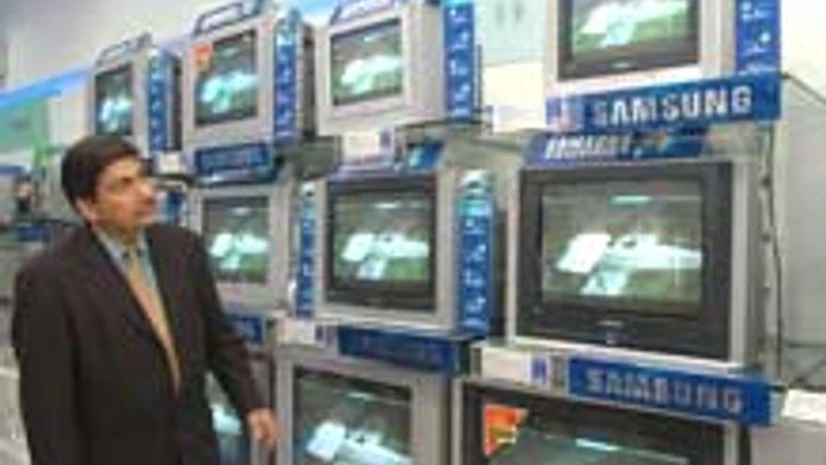The deadlock on labeling of certified electronics continues even as the June deadline set by the Bureau of Indian Standards (BIS) is just around the corner.
A recent missive by BIS asked sellers of products such as tablets and laptops to emboss or screen print the quality certification on each product.
However, the industry claims that it is impossible carry the attestation on the product in this form as a significant chunk of electronics are not manufactured in India, but imported from countries such as Taiwan and China.
Also Read
With no breakthrough currently in sight, this stalemate could create a blackout situation in the country. Alok Bharadwaj, executive vice president of Canon India calls the new directive "impractical"and "impossible" to comply with.
"It would require significant retooling and interfering with the global supply chain," he says, adding that the industry has requested BIS to allow "pasting" of labels instead - an alternative which has met with a cold response.
"Since it is impossible to follow, it defeats the whole objective of why electronic products were mandated to get BIS certification -which was ensure that only products of good quality are sold in the country."
BIS on its part claims that it is insisting on only embossing or screen printingthe certification to ensure high level of compliance.
"Pasting the label is easy, and can be misused by those selling sub-standard products," says an official of BIS who did not wish to be identified.
The official added that the screenprinting is not a very "costly" exercise as claimed by the industry. "India is becoming a dumping ground for electronic waste in the world and this action will ensure some restraint."
The latest deadlock follows an almost year long battle between BIS and the electronics industry after the department of electronics and IT made it mandatory for 16 categories of electronic products to get BIS certification.
The deadline for the final compliance was extended thrice due to a backlog at BIS. Even the deadline for the new directive has been extended from the first week of April till the end of June.
The industry also claims that the length of the sentence which has been mandated by BIS to be printed on the product is "too long" and therefore makes it all the more impractical to enforce.
Anwar Shirpurwala, executive director of Manufacturers' Association for Information Technology (MAIT) said that the electronic products have a complex supply chain and sometimes, different components of a product are manufactured in different places and then assembled.
"So, it is notpossible to comply right now," he says, adding that the industry is raising the issue with other ministries.
According to a report in the Economic Times, a group of US companies apart from their government has also taken up the issue with the commerce ministry on the ground that this order is making it difficult to do business in the country and has termed as a "non-tariff barrier". "We are waiting for the next government and will raise this issue to the highest possible level," said Bharadwaj.

)
